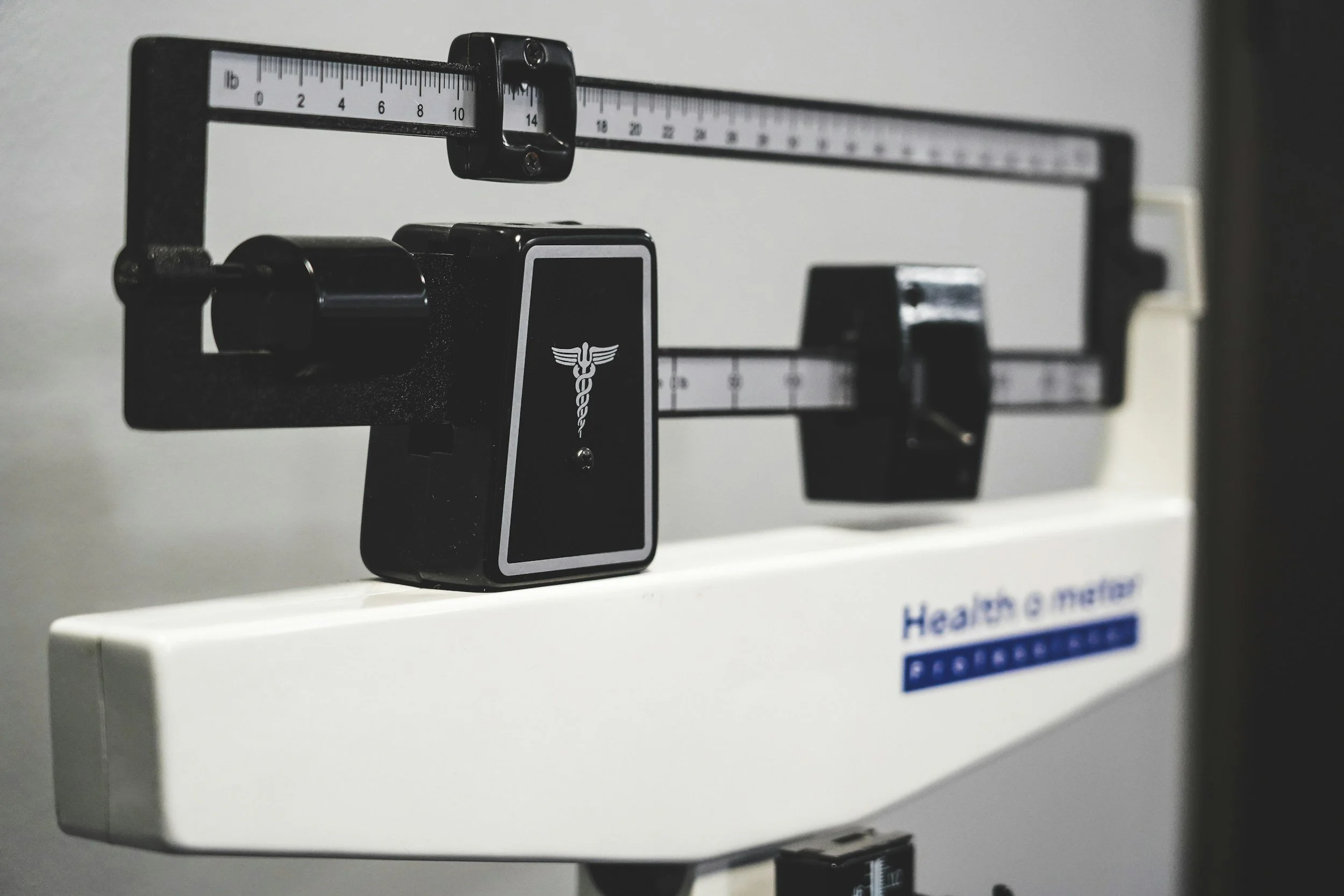When the Dressing Room Feels Like a Battlefield: A Therapist's Reflection on Body Image, Triggers, and Jeans
When the Dressing Room Feels Like a Battlefield: A Therapist's Reflection on Body Image, Triggers, and Jeans
Written by Lily Thrope
A few weeks ago, I went shopping for jeans.
I didn’t expect it to be a big deal, just a quick trip to replace a pair that no longer fits.
But the moment I stepped into the dressing room and tried on the first pair, I felt it, that familiar wave of panic.
You know the one.
The one that whispers:
“This shouldn’t feel so hard.”
“Why doesn’t this size fit?”
“Has my body changed again?”
“What is wrong with me?”
In a matter of minutes, I was spiraling. Questioning my body, doubting my progress, fighting back tears over a piece of clothing.
And then, I paused.
Because I’ve lived this cycle before. And I’ve also done the work.
Why Shopping Can Be So Triggering in Eating Disorder Recovery
For so many of us, especially those healing from disordered eating, chronic dieting, or body shame, shopping isn’t “just” shopping. It’s a mirror to all the body image stories we’ve internalized over the years. Stories that hold pain, sadness and doubt.
When clothing doesn’t fit the way we expect, it can activate feelings of failure, fear, and unworthiness. This is not your fault. These reactions are learned from a culture that teaches us to equate thinness with value and control with morality.
But there are ways to meet these moments with more compassion and grounding.
What Helped Me in That Dressing Room (And What Might Help You Too)
1. Pause and Breathe
In that moment of spiral, the most powerful thing I did was pause. Just one intentional breath can interrupt the automatic shame response and bring you back to your body.
Try this grounding practice:
Inhale for 4 counts
Hold for 4 counts
Exhale for 6 counts
Repeat 3–4 times
2. Reframe the Narrative
I reminded myself:
A number on a tag doesn’t define my worth.
My body is not a problem to be solved.
Clothes are meant to fit me—not the other way around.
Write your own affirming phrases ahead of time and keep them in your phone. Repetition matters. These are the new stories you’re choosing to believe.
3. Choose Clothing That Honors Your Now Body
Instead of squeezing into an old size or trying to “earn” a new one, choose clothes based on comfort and fit. Your current body is worthy of being dressed with care, now—not later.
Shopping tip: Bring multiple sizes into the dressing room. Try not to attach moral value to the number.
4. Bring a Recovery-Aligned Support Person
If you can, bring someone who understands your journey and will reflect back reality—not body shame. If you're solo, text a trusted friend when you're triggered.
Try this script:
“Hey, I’m in the dressing room and feeling a bit overwhelmed. Can you remind me that my body is not the problem?”
5. Limit Exposure to Known Triggers
Some stores have more inclusive sizing and more body-positive vibes than others. Give yourself permission to walk out of places that don’t feel safe.
Online shopping from size-inclusive brands and trying clothes at home can sometimes feel less triggering.
If You’ve Ever Cried Over a Pair of Pants, You’re Not Alone
Even as a therapist who specializes in eating disorder recovery and body image, I still get activated sometimes. That doesn’t mean I’ve failed, it means I’m human.
Recovery doesn’t mean the pain disappears. It means we have new tools, new awareness, and new choices in how we respond.
You are not broken because shopping is hard.
You are not a failure if your size changes.
You are allowed to grieve, to feel frustrated, to take up space in the fitting room and still be in recovery.
You Deserve Support That Sees the Whole You
If you’re navigating dressing room spirals, food anxiety, or unlearning years of body shame, therapy can help. You don’t have to figure it out alone.
If you want to learn more about getting support while shopping in recovery, consider speaking to a professional. Feel free to reach out to us at Thrope Therapy and schedule your free 15 minute consultation.You can email us with any questions or inquiries at hello@thropetherapy.com. We look forward to hearing from you!




